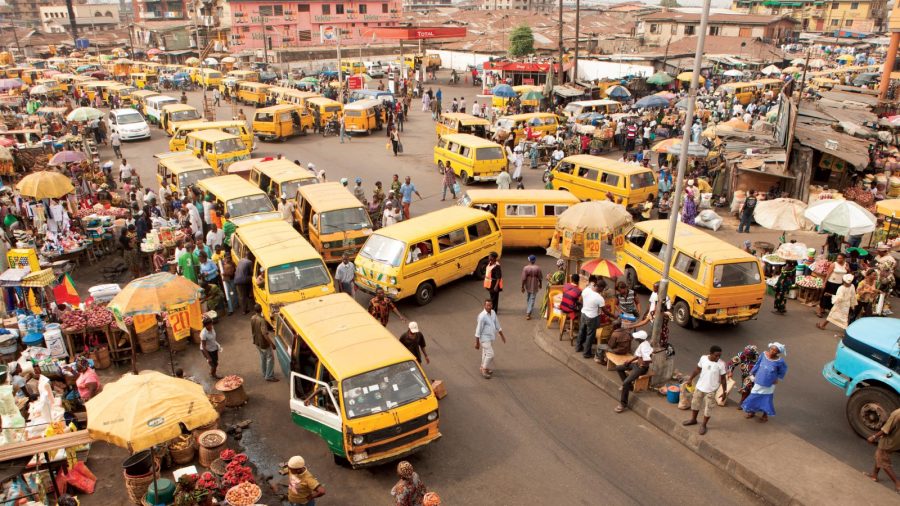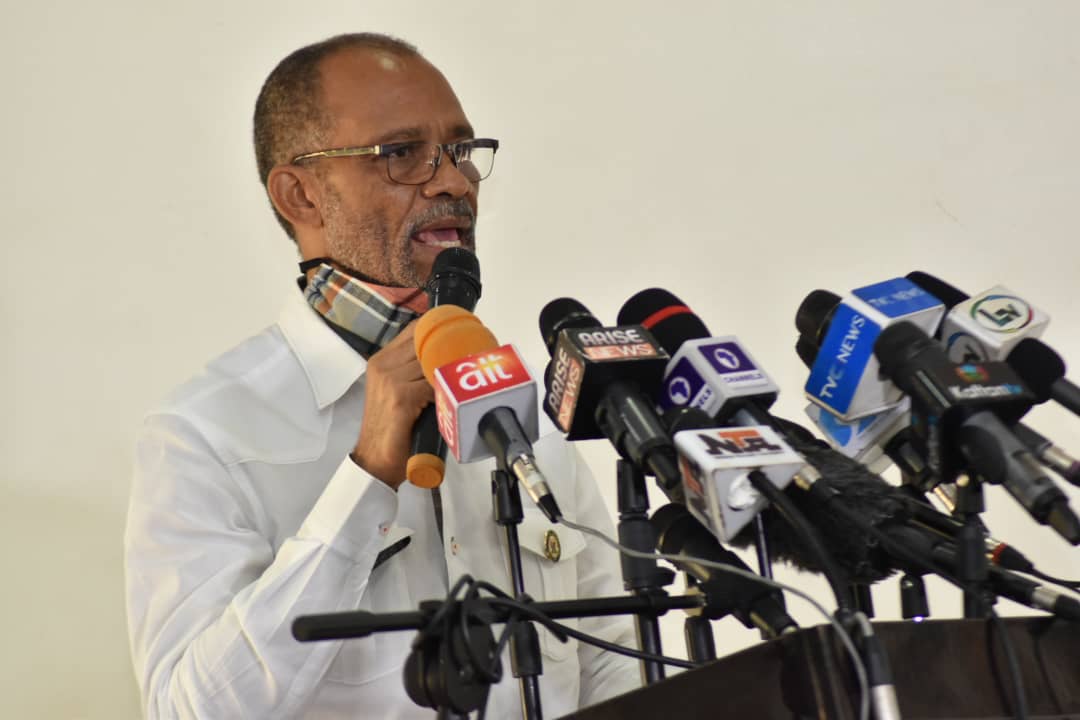The consumer price index, which measures inflation, hit a two-year high in April to stand at 12.34 percent.
The last time inflation was in this region was in April 2018 when it stood at 12.48 percent.
The April 2020 inflation figure is 0.08 percentage points higher than the 12.26 percent recorded in March.
“On a month-on-month basis, the headline index increased by 1.02 percent in April 2020. This is 0.18 percent rate higher than the rate recorded in March 2020 (0.84 percent),” the report released by the National Bureau of Statistics on Thursday read.
Advertisement
“The urban inflation rate increased by 13.01 percent (year-on-year) in April 2020 from 12.93 percent recorded in March 2020, while the rural inflation rate increased by 11.73 percent in April 2020 from 11.64 percent in March 2020.
“The composite food index rose by 15.03 percent in April 2020 compared to 14.98 percent in March 2020.”
According to the report, the rise in the food sub-index increases in prices of potatoes, yam and other tubers, bread and cereals, fish, oils and fats, meat, fruits and vegetables.
Advertisement
Core inflation, which excludes the prices of volatile agricultural produce stood at 9.98 percent in April 2020, up by 0.25 percent when compared with 9.73 percent
recorded in March 2020.
“In April 2020, all items inflation on year on year basis was highest in Bauchi (14.44 percent), Sokoto (13.99 percent) and Plateau (13.68 percent), while Edo (10.87 percent), Abuja (10.81 percent) and Kwara (8.98 percent) recorded the slowest rise in headline year-on-year inflation,” the report read.
“On month on month basis, however, April 2020 all items inflation was highest in Akwa Ibom (2.01 percent), Oyo (1.91 percent) and Abia (1.81 percent), while Edo, Enugu and Bayelsa recorded price deflation or negative inflation (general decrease in the general price level or negative inflation rate).”
On a year-on-year basis, food inflation was highest in Sokoto (17.88 percent), Akwa Ibom (17.55 percent) and Abuja (17.65 percent), while Ebonyi (13.04 percent), Edo (12.90 percent) and Enugu (12.89 percent) recorded the slowest rise.
Advertisement
Nigeria and other countries across the world are currently battling the COVID-19 pandemic which has disrupted global supply chains and resulted in movement restrictions.
Nigeria is currently easing a lockdown imposed on states to allow the resumption of business activities.







